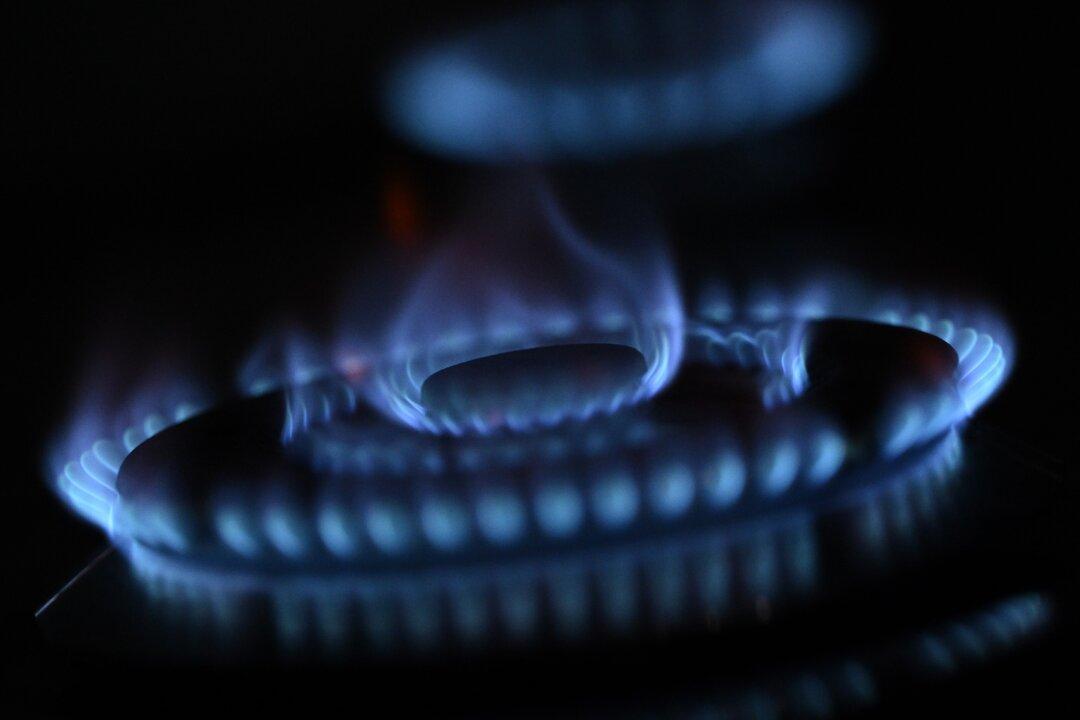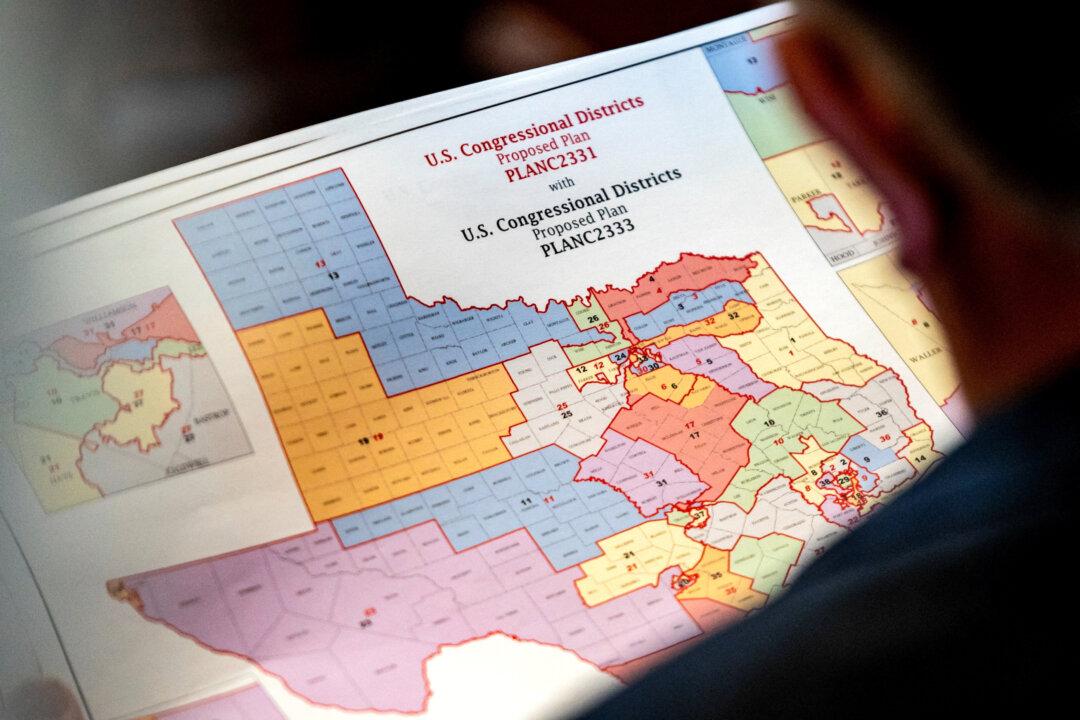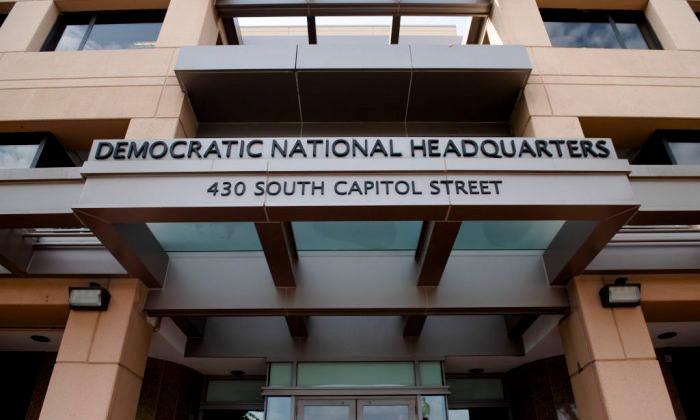A class action suit filed in California alleges LG Electronics USA, Inc. sold gas range stoves in the United States without properly notifying customers of toxic emissions prior to their purchases.
The suit comes as the industry faces attacks and efficiency proposals by the Biden administration that would remove up to half the current gas range ovens on the U.S. market.





